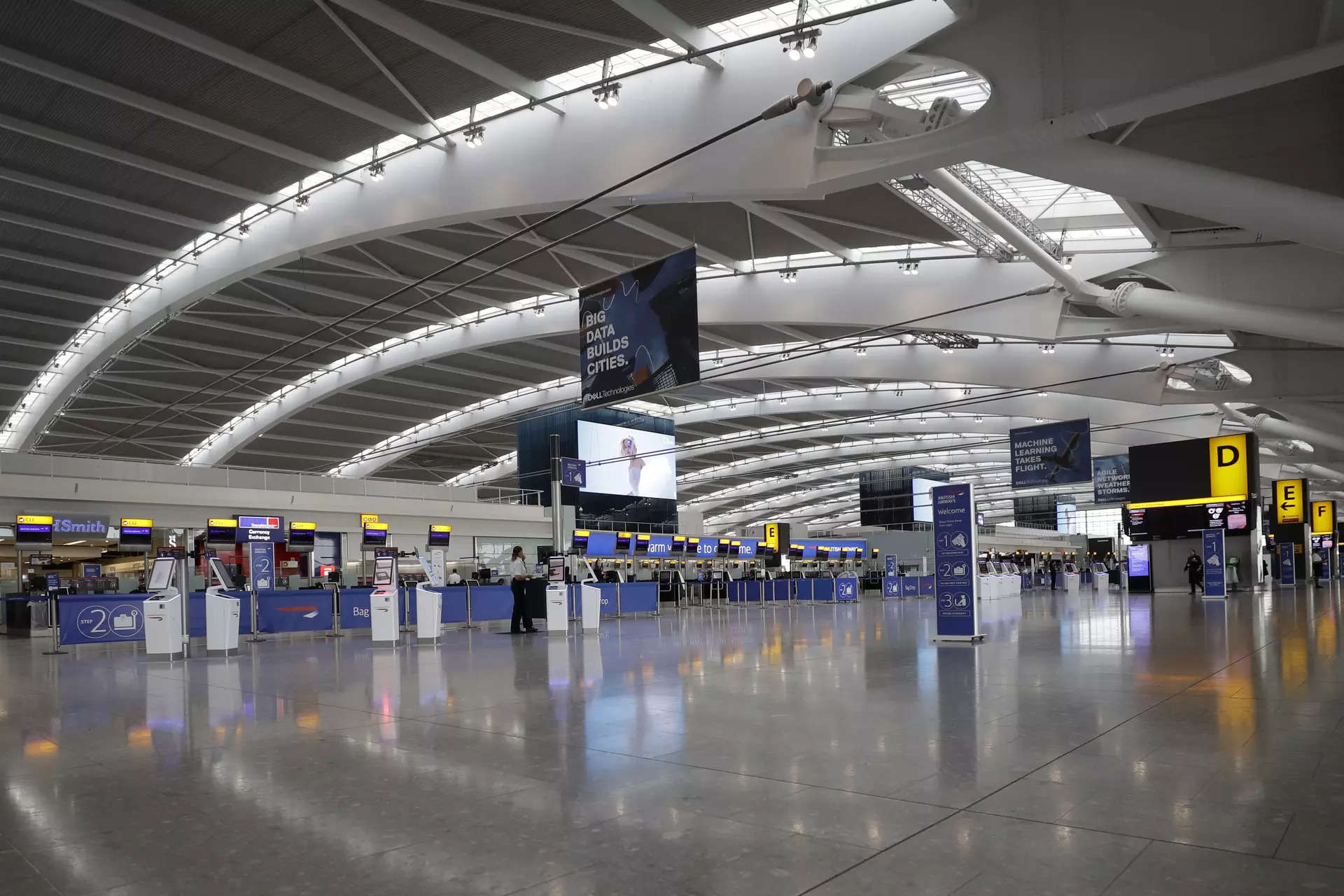
Britain‘s Heathrow Airport warned on July 26 that a slowdown in leisure travel is likely later this year, bringing an end to the post-pandemic boom which has helped airline profits soar despite disposable incomes shrinking.
Heathrow, the busiest hub in western Europe, reported pretax profit up 6% to 279 million pounds ($360 million) in the first six months of the year, on a 42% rise in passenger numbers to 37 million.
That number was driven by more flights to and from destinations worldwide, helped by the reopening of China and soaring demand for transatlantic travel.
“Leisure demand has really defied gravity,” Heathrow chief executive John Holland-Kaye said in an interview.
Consumers have prioritised holiday spend over the last year, splashing pandemic savings even as rising inflation and interest rates have eaten into household budgets. Delta Air Lines posted the highest quarterly earnings in its history in the June quarter. British Airways-owner IAG is due to report results on Friday.
But the rush on bookings will tail off in the second half, Heathrow warned, citing the cost of living crisis as a “material headwind”.
“We’ve heard from airlines that they’re just expecting that things will slow down a bit,” said Holland-Kaye, who will step down in October after nine years in the job.
Ryanair, which is Europe’s biggest airline but doesn’t fly from Heathrow, struck a cautious tone about travel demand for the rest of the year on Monday.
Heathrow did not, however, adjust its forecast for passenger numbers for 2023, sticking to what it said in April for between 70 million and 78 million people, compared with 81 million in 2019.
The airport, owned by Spain’s Ferrovial, the Qatar Investment Authority and other financial investors, is appealing a decision by its regulator that would mean it needs to cut the fees it can charge airlines. Holland-Kaye said the process was ongoing and he expected a decision by the middle of October.




